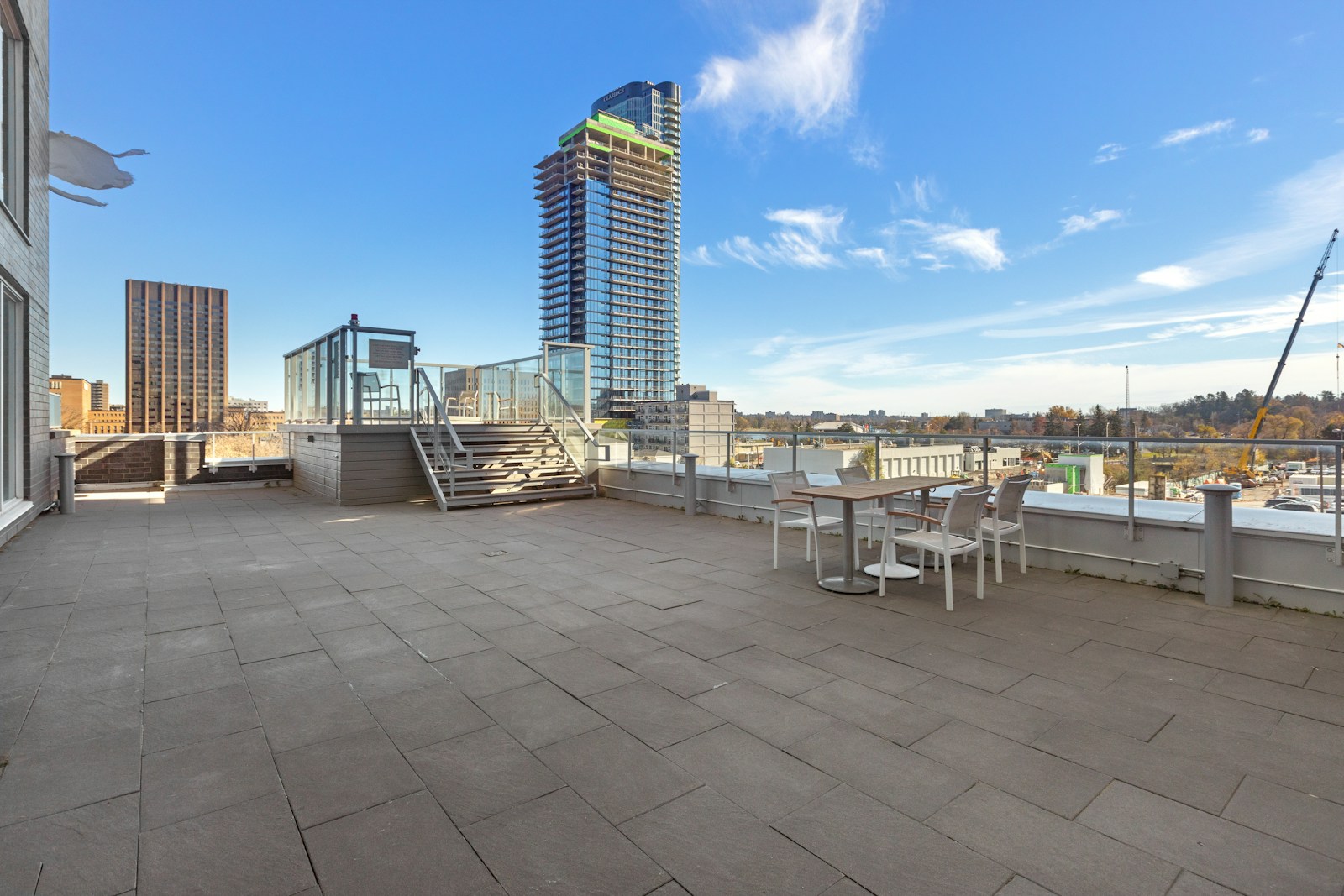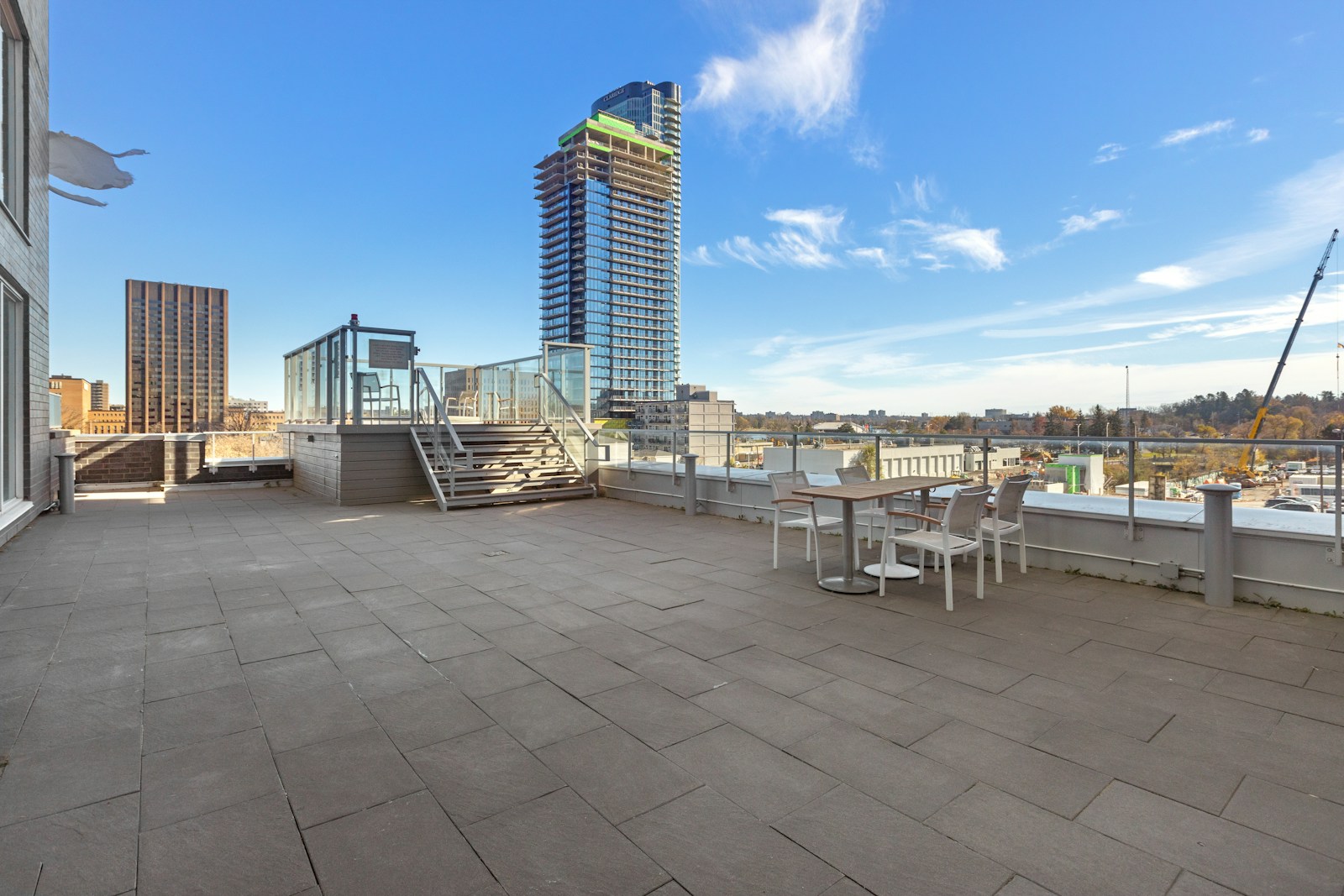If you’re looking at condos in Ottawa, condo fees can feel confusing fast.
Two units can look nearly identical:
Same price
Same size
Same neighbourhood
…but one has $350/month fees and the other is $780/month.
That difference matters — a lot.
This guide breaks down what condo fees actually cover, what’s considered normal in Ottawa in 2026, and which fee patterns should make you pause before buying.
What Condo Fees Actually Pay For
Condo fees aren’t arbitrary. They fund the ongoing operation of the building.
Typically, fees cover:
Building insurance (structure, not your contents)
Maintenance of common areas
Snow removal and landscaping
Elevator servicing (if applicable)
Reserve fund contributions
Property management
Sometimes they also include:
Heat or water
Amenities (gym, pool, concierge)
Older mechanical systems that require more upkeep
Lower fees aren’t always better. Higher fees aren’t always bad. Context is everything.
What’s “Normal” Condo Fees in Ottawa (2026)
Here’s a realistic breakdown for Ottawa condos today:
Newer Buildings (Post-2015)
$0.45–$0.60 per sq ft
Example: 700 sq ft → $315–$420/month
These buildings usually:
Have fewer repairs early on
May include heat or water
Have smaller reserve fund needs (for now)
Mid-Age Buildings (2000–2015)
$0.60–$0.80 per sq ft
Example: 800 sq ft → $480–$640/month
This is where many Ottawa condos sit. Fees are higher because:
Roofs, elevators, and garages start aging
Reserve contributions increase
More maintenance becomes unavoidable
Older Buildings (Pre-2000)
$0.80–$1.00+ per sq ft
Example: 900 sq ft → $720–$900+/month
Higher fees often reflect:
Aging infrastructure
Major upcoming repairs
Larger reserve funding needs
High fees alone aren’t a deal-breaker — but they demand scrutiny.
What Condo Fees Mean for Your Mortgage Approval
This is where many buyers get caught off guard.
Lenders factor 50% of condo fees into your monthly debt calculations.
So a $700/month fee is treated like:
~$350 added to your monthly obligations
That can reduce your buying power by tens of thousands of dollars, especially under stress-test rules.
This is why:
A cheaper condo with high fees can be harder to qualify for
A slightly more expensive freehold may sometimes be easier to finance
Red Flags Buyers Should Watch For
Not all condo fees are created equal. Here are the patterns that deserve closer inspection.
1. High Fees With Few Inclusions
If fees are high and don’t include utilities, amenities, or concierge services, ask why.
High costs should correlate with real value.
2. Rapid Fee Increases
Review the last 3–5 years of fee history.
Consistent, modest increases = normal
Sudden jumps = potential funding problems
3. Weak Reserve Fund
A low reserve fund usually leads to:
Special assessments
Sharp fee increases later
Ask for:
Reserve fund study
Current balance
Upcoming planned projects
4. Aging Systems With No Plan
Elevators, garages, windows, roofs — these are expensive.
If major components are near end-of-life and the reserve fund isn’t prepared, buyers eventually pay the difference.
5. Self-Managed or Poorly Managed Condos
Good management doesn’t mean cheap management.
Well-run buildings:
Plan ahead
Communicate clearly
Avoid financial surprises
When Higher Fees Can Actually Be Okay
Some higher-fee condos still make sense.
Examples:
Fees include heat, water, and air conditioning
Strong reserve fund with future repairs already budgeted
Prime downtown locations with full-time staff
Buildings with historically stable finances
In these cases, higher fees can equal lower risk, not higher.
Bottom Line: Don’t Judge Fees in Isolation
Condo fees should always be evaluated alongside:
Building age
Reserve fund health
Inclusions
Long-term maintenance plan
Your mortgage qualification limits
The goal isn’t the lowest fee — it’s the most predictable ownership cost over time.
Thinking About Buying a Condo in Ottawa?
Before you commit, it’s worth reviewing:
Condo documents
Fee trends
How fees affect your buying power
If you want a second set of eyes on a building you’re considering, that kind of due diligence can save you real money — and real stress — long after closing.













